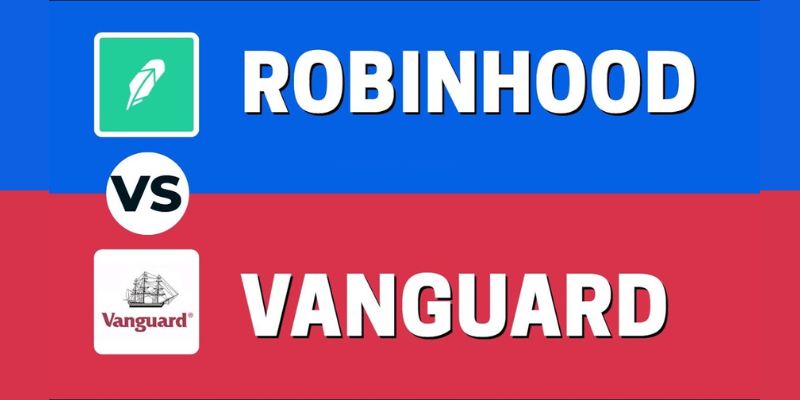
The policy's death benefit provides financial security to the beneficiaries in the case of the policyholder's passing. Nonetheless, there are times when policyholders elect to cash in their life insurance policies because they need the money quickly. If you want to get a lump sum payment from your life insurance provider, you can "cash in" your policy. This may look like an excellent way to gain some money fast, but there are a few things to bear in mind. The decision to cash in a life insurance policy must be carefully considered because it can have far-reaching financial consequences. For instance, the policyholder may incur a loss if the cash surrender value is less than the sum of all premium payments.
Types Of Life Insurance Policies
It's essential to familiarize oneself with the various policy options before going into the technicalities of cashing in a life insurance policy.
Term Life Insurance
Life insurance policies can be purchased with 10, 20, or 30 years of protection. Death benefits are paid out to beneficiaries if the policyholder passes away while the policy is still active. If the policyholder, however, outlives the policy's duration, the coverage will terminate, and no payments will be made.
Whole Life Insurance
Coverage under a whole life insurance policy lasts for the policyholder's life. The cash value of an entire life policy grows over time and can be used in addition to the death payment.
Universal Life Insurance
Universal life insurance offers a death benefit and cash value. In contrast to whole-life plans, adaptive life insurance plans offer more outstanding premium payment and death benefit customization possibilities.
Options For Cashing In A Life Insurance Policy
Policyholders considering withdrawing money from their life insurance policy have a few choices. It's essential to consider the benefits and drawbacks of each option before concluding.
Surrendering The Policy
You receive the paid up value when you surrender a life insurance policy; this is equal to the cash value of the policy less any surrender charges. This choice is included in universal and whole life insurance plans. There is no monetary value to relinquish with a term life insurance policy.
Advantages Of Surrendering A Life Insurance Policy

- In surrendering a life insurance policy, the policyholder receives a lump sum of cash.
- No limits are placed on the money: The policyholder retains complete discretion over the policy's surrender value.
- The debt is not yours to repay When you surrender a life insurance policy, and you don't have to pay back the money you get.
Disadvantages Of Surrendering A Life Insurance Policy
- You up the security of a death benefit when you surrender your life insurance policy.
- Due to potential tax implications, the net proceeds from offering a life insurance policy may be smaller than expected.
- Fees may be associated with surrendering a life insurance policy, which could diminish the payout.
Taking A Loan Against The Policy
Borrowing against the cash value of a whole or universal life insurance policy may be an option for policyholders. The policy's cash value can be used as collateral to secure a loan from the insurance company.
Advantages Of Taking A Loan Against The Policy
- The proceeds from a loan against a life insurance policy are not considered taxable income.
- Taking out a loan against a life insurance policy is the same as surrendering the procedure in that the policyholder is free to spend the money any way they see fit.
- Unlike surrendering the policy, taking a loan against a life insurance policy does not affect the death benefit paid out to beneficiaries.
Disadvantages Of Taking A Loan Against The Policy

- The total amount owed may increase due to interest charges from borrowing money against a life insurance policy.
- Loans against a life insurance policy must be repaid before the death benefit is distributed to beneficiaries.
- The policyholder risks losing the death benefit protection if they default on the debt to the insurance provider.
Conclusion
Yet, there are possible consequences to cashing in a life insurance policy, including lower death benefit payouts and tax issues. Policyholders should think long and hard about their requirements, the tax implications, and the effect on their loved ones' financial stability before deciding. Alternatives to selling off a life insurance policy include tapping into retirement funds or taking out a personal loan.
Protecting oneself and one's loved ones with a life insurance policy is a smart financial move.











